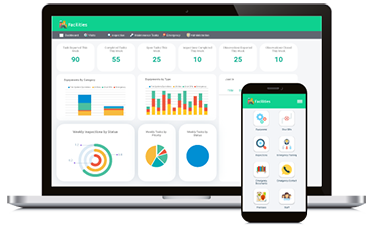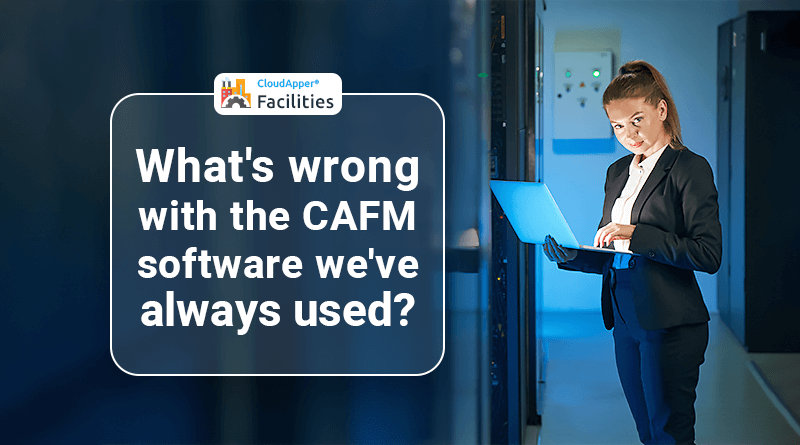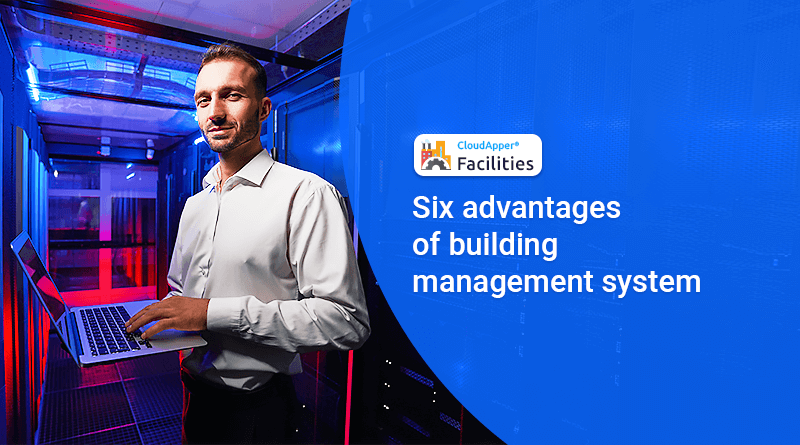Facilities management is one of those areas that has undergone more than its fair share of advancement over the years. This has been possible mainly due to new technologies that have changed the way facilities management activities are performed, and also the way workforce expectations have changed over the years. This means that the advancement of facilities management has gone through a number of different stages to become what it is today — and it will continue to advance in the future.
The journey from the beginning to now
The role of the Facility Manager can be traced back to as early as the 1970s. At that time, the role of Facility Manager often meant taking an active role in preventive and on-demand maintenance needs.
This, in turn, would help in maintaining and increasing equipment efficiency and productivity. Yet as the position advanced, so did its duties; over the next few decades, facilities management came to mean more than just making sure a company’s physical equipment assets were in good shape.
At one point, facility managers saw their responsibilities expand to more than just tools and equipment. Individual personnel and other assets also soon came under their domain. Additionally, contracts, rents, and leasing management also became part and parcel of facilities management. In some industries, it also started including payroll, human resources, and other specifics under facility management.
In other words, the advancement of facilities management has come to cover everything that goes into keeping a production line up and running smoothly — including taking care of a company’s human resources.
The Future of Facility Management
Just like older facilities management roles, activities and areas have changed with the invention of new technologies and responsibilities, tomorrow’s modern worksite will also need additional support in new and challenging ways. With modern working methods leaning towards nimbleness and flexibility due to high levels of connectivity, IoT and mobile technologies, facilities management positions will need to adopt them as well.
Some of these technologies have already begun to appear in Facility Management. Mobile connectivity and apps make collecting a multitude of data points much easier and more manageable. This means that the facilities management of the future will be more data-driven. Facility managers will have access to data that reflects employee engagement and morale alongside inventory and productivity data while making a decision.
The importance of physical assets like buildings, tools, and equipment maintenance will always be important to maintain the smooth productivity of your workforce. That’s why whatever changes Facility Management faces in the future, they will continue to make a positive impact.



















